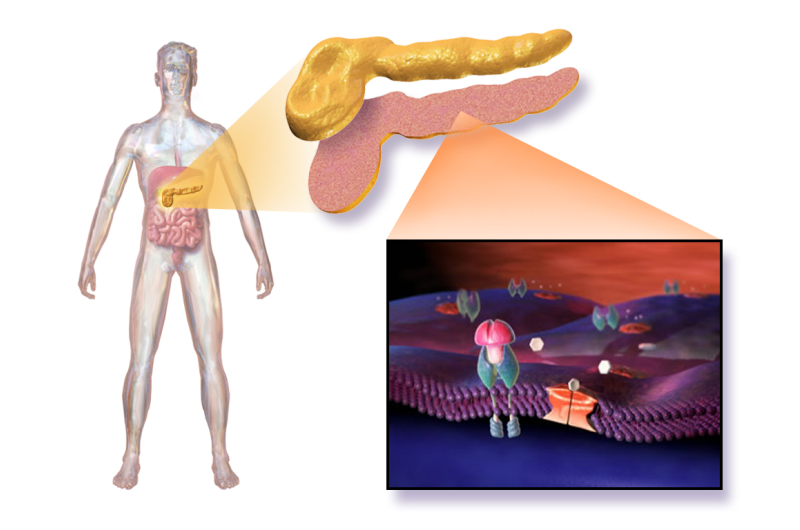Dietary factors associated with substantial proportion of deaths from heart disease, stroke, and disease

Nearly half of all deaths due to heart disease, stroke, and type 2 diabetes in the U.S. in 2012 were associated with suboptimal consumption of certain dietary factors, according to a study appearing in the March 7 issue of JAMA.
Dietary habits influence many risk factors for cardiometabolic health, including heart disease, stroke, and type 2 diabetes, which collectively pose substantial health and economic burdens. In the United States, associations of individual dietary factors with specific cardiometabolic diseases are not well established.
Renata Micha, R.D., Ph.D., of the Tufts Friedman School of Nutrition Science and Policy, Boston, and colleagues developed a model that used data from the National Health and Nutrition Examination Surveys (1999-2002; n = 8,104; 2009-2012; n = 8,516); estimated associations of diet and disease from studies and clinical trials; and estimated disease-specific national mortality from the National Center for Health Statistics. The researchers examined mortality due to heart disease, stroke, and type 2 diabetes in 2012 and the consumption of 10 foods/nutrients associated with cardiometabolic diseases: fruits, vegetables, nuts/seeds, whole grains, unprocessed red meats, processed meats, sugar-sweetened beverages (SSBs), polyunsaturated fats, seafood omega-3 fats, and sodium.
In 2012,702,308 cardiometabolic deaths occurred in U.S. adults. Of these, an estimated 45 percent (n=318,656 due to heart disease, stroke, and type 2 diabetes) were associated with suboptimal intakes of the 10 dietary factors. By sex, larger diet-related proportional mortality was estimated in men than in women, consistent with generally unhealthier dietary habits in men. Suboptimal diet was also associated with larger proportional mortality at younger vs older ages, among blacks and Hispanics vs whites, and among individuals with low and medium education vs high education.
As a percentage of annual cardiometabolic deaths, diet-associated mortality declined for polyunsaturated fats (-21 percent), nuts (-18 percent), and SSBs (-14.5 percent); remained relatively stable for whole grains, fruits, vegetables, seafood omega-3 fats, and processed meats; and increased for sodium (+5.8 percent) and unprocessed red meats (+14 percent).
"These results should help identify priorities, guide public health planning, and inform strategies to alter dietary habits and improve health," the authors write.
More information: JAMA. DOI: 10.1001/jama.2017.0947

















